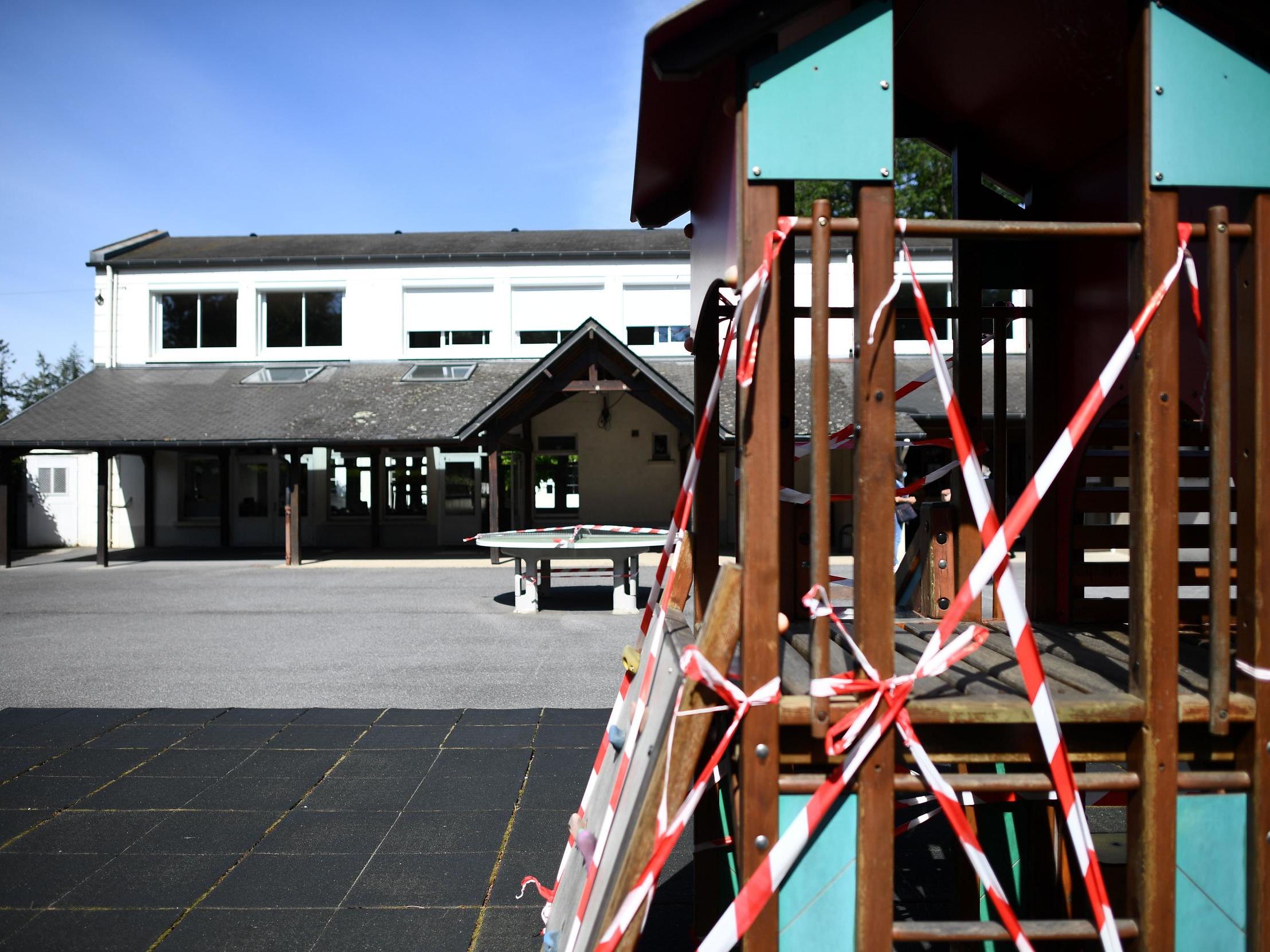One third of world’s children unable to access remote learning when schools closed during lockdown, Unicef finds
Children in poorest households and rural areas most affected

The UN children’s agency says at least a third of children couldn’t access remote learning when the Covid-19 pandemic closed schools, creating “a global education emergency”.
At the height of lockdowns meant to curb the pandemic, nearly 1.5 billion children were affected by school closures, Unicef said.
“For at least 463 million children whose schools closed due to Covid-19, there was no such a thing as remote learning,” Unicef executive director Henrietta Fore said.
“The sheer number of children whose education was completely disrupted for months on end is a global education emergency,” she said in a statement. “The repercussions could be felt in economies and societies for decades to come.”
The report released late on Wednesday night highlights significant inequality across regions, with school children in sub-Saharan Africa the most affected. The highest number of children affected by region were in South Asia, with the figure at around 147 million, according to the report.
Unicef said the report used a globally representative analysis on the availability of home-based technology and tools needed for remote learning, such as access to television, radio and internet, and the availability of curricula delivered by the platforms.
Children in the poorest households and in rural areas were most affected.
The youngest children are also most likely to miss out on remote learning during critical years, the report said, largely due to challenges and limitations to online learning for young children and lack of assets at home.
Unicef warned that the situation is likely far worse, because even where technology exists at home, children may not be able to learn due to pressures to do chores or work.
AP
Join our commenting forum
Join thought-provoking conversations, follow other Independent readers and see their replies
Comments
Bookmark popover
Removed from bookmarks